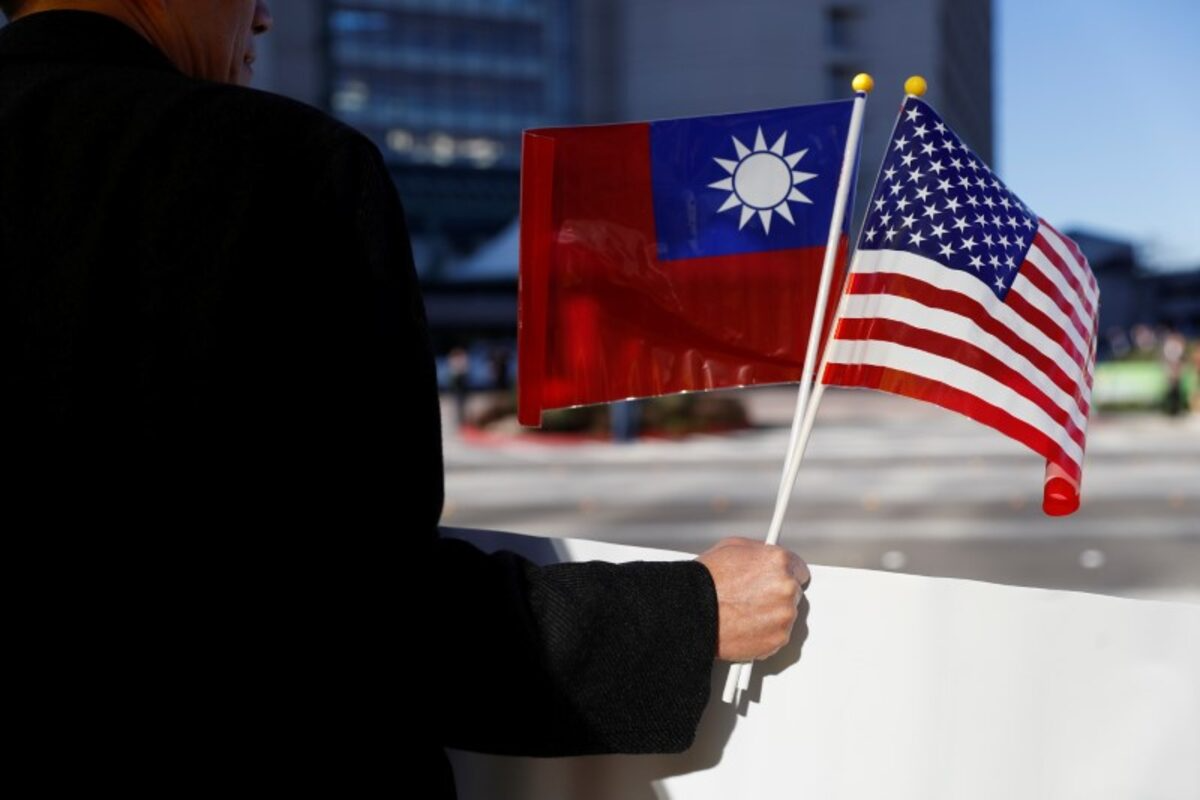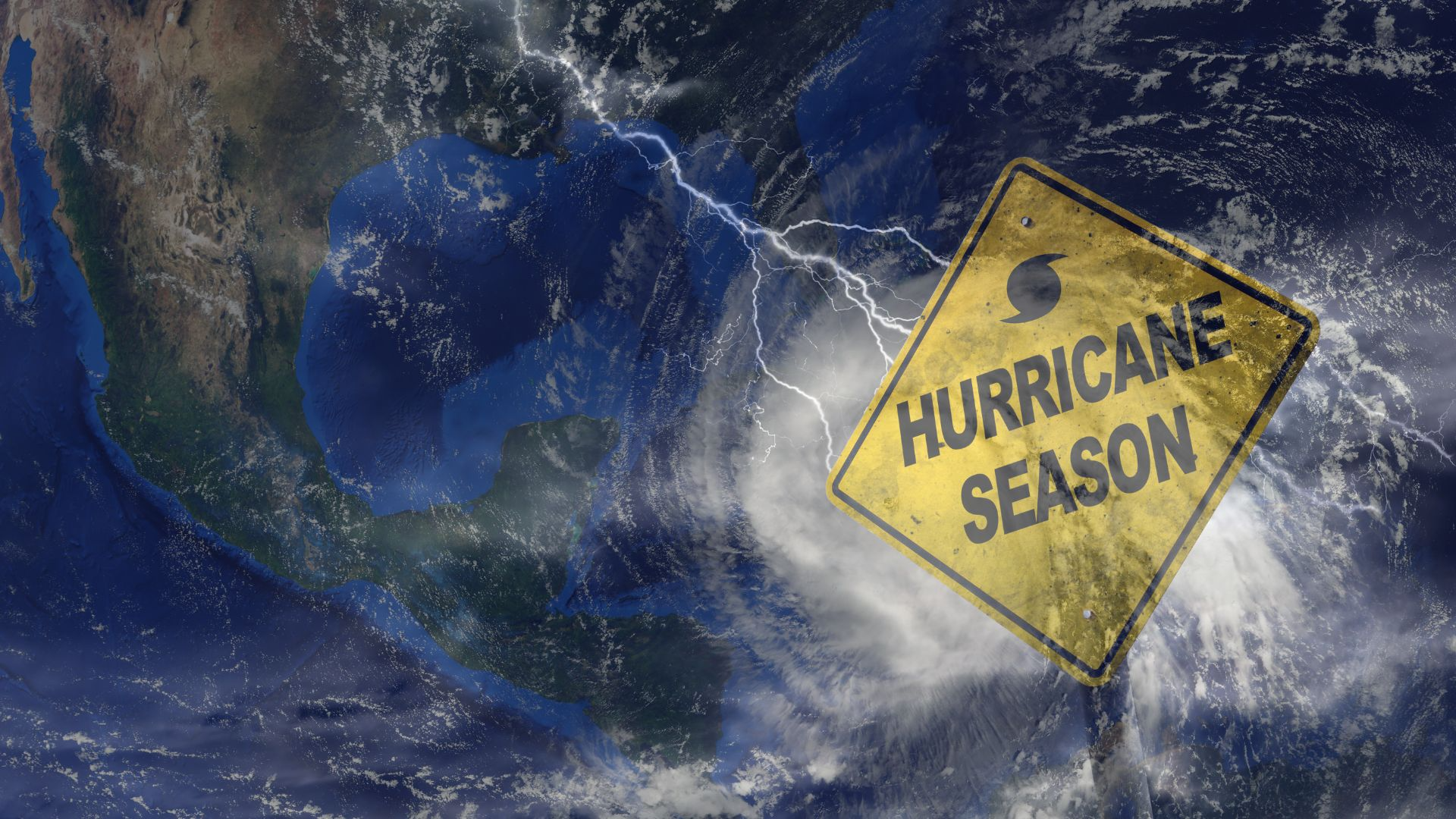
China Warns U.S. Over Taiwan Legislation, Calls Bill a Provocation and Threat to Regional Stability
Beijing has issued a sharp warning to Washington following the passage of a controversial U.S. congressional bill that seeks to deepen diplomatic and military ties with Taiwan, calling the move a “serious violation of the One China principle” and a direct threat to peace in the Taiwan Strait. The Chinese Ministry of Foreign Affairs condemned the legislation on Tuesday, urging the United States to “immediately retract” what it described as “dangerous and reckless provisions.”
The bill, titled the Taiwan Enhanced Deterrence Act, cleared the U.S. Senate with bipartisan support earlier this week and is expected to be signed into law by the President in the coming days. It authorizes expanded military cooperation, accelerated arms deliveries, and increased training exchanges between U.S. forces and Taiwan’s military. It also calls for closer coordination between U.S. and Taiwanese defense officials, and the establishment of a “Taiwan Security Assistance Initiative” modeled after similar frameworks used for Ukraine and Israel.
Beijing’s Response Strong Diplomatic and Military Signals
China reacted swiftly, summoning the U.S. ambassador in Beijing to lodge a formal protest and warning of “countermeasures” if the bill is enacted. In a strongly worded statement, the Foreign Ministry declared
“The Taiwan issue is China’s internal affair. No foreign country has the right to interfere. This legislation crosses a red line and undermines the political foundation of China U.S. relations.”
Chinese officials also accused Washington of “hollowing out” the One China policy while supporting what Beijing sees as a separatist agenda in Taipei. The People’s Liberation Army (PLA) announced live fire drills in the Taiwan Strait on short notice, deploying naval and air assets near the island’s air defense identification zone (ADIZ) in what analysts say is a clear show of force.
Rising Tensions Across the Strait
In Taipei, President Lai Ching te’s administration welcomed the U.S. legislation, calling it a “historic act of support for Taiwan’s right to self defense.” Lai said the law would help “deter authoritarian aggression” and safeguard democratic values in the Indo Pacific region.
However, Chinese state media painted a far more ominous picture, warning that the bill brings the region closer to conflict. The Global Times, a mouthpiece of the Chinese Communist Party, described the legislation as “an act of brinkmanship” and suggested that PLA readiness to “resolve the Taiwan question by force” has entered a new phase.
Military analysts in Beijing and Washington alike believe that the passage of the bill could result in increased military pressure on Taiwan, more frequent Chinese patrols near the island, and intensified cyber and economic coercion campaigns.
Strategic Calculations and Diplomatic Fallout
The new U.S. bill comes amid escalating U.S. China strategic competition, with both nations increasingly framing Taiwan as a litmus test of global influence and resolve. For Washington, the legislation reflects a growing consensus that the U.S. must bolster Taiwan’s deterrence capabilities in light of China's military modernization and aggressive regional posture.
Republican Senator Dan Sullivan, a co sponsor of the bill, defended the move, saying “If we want to avoid war, we need to arm Taiwan to the teeth now not after an invasion begins.”
China, however, views any such legislation as a challenge to its sovereignty and territorial integrity. Beijing has long asserted that reunification with Taiwan, by peaceful means if possible and by force if necessary, is non negotiable.
In response to the bill, China has also hinted at potential economic retaliation. Some experts warn that future sanctions, trade barriers, or regulatory actions could target U.S. firms operating in China, particularly in tech and defense adjacent sectors.
Global Reactions A Divided Front
Reactions from the international community have been mixed. While Japan and Australia have expressed general support for peace and stability in the Taiwan Strait, they have avoided endorsing the bill outright, wary of inflaming tensions with China.
Meanwhile, the European Union has called for restraint on all sides. “Escalation benefits no one,” said EU foreign policy chief Josep Borrell. “All parties must avoid unilateral actions that could destabilize the Indo Pacific.”
A New Flashpoint in U.S. China Relations
This episode marks another chapter in the rapidly deteriorating U.S. China relationship, which is already strained over issues such as trade, tech restrictions, human rights, and South China Sea militarization. Taiwan continues to be the most volatile and potentially explosive point of friction.
With Taiwan’s presidential elections now behind it and a more pro sovereignty government in place, Beijing may intensify its diplomatic and military campaign to isolate the island internationally, while Washington signals that it is doubling down on deterrence.
As of now, both capitals remain locked in a tense standoff, with backchannel diplomacy ongoing but no sign of compromise. if the situation can be de escalated in the coming weeks remains uncertain. What is clear is that the new legislation has pushed the Taiwan issue to the center of global geopolitics, with enormous implications for regional peace, international law, and the future of great power rivalry in the 21st century.
Related Post
Popular News
Subscribe To Our Newsletter
No spam, notifications only about new products, updates.
















